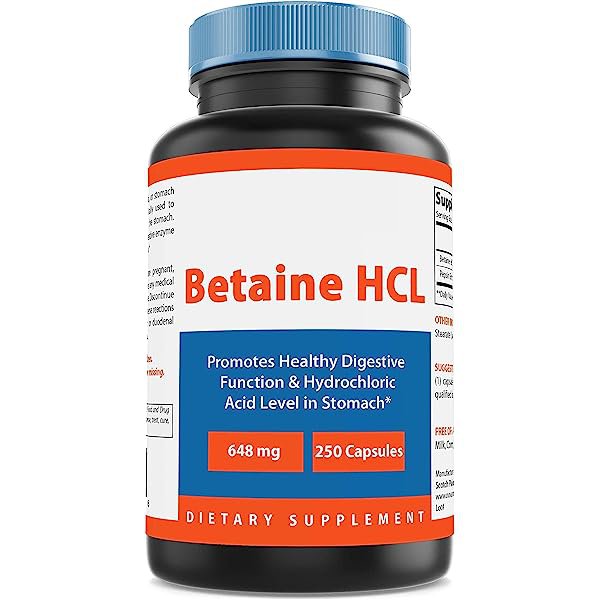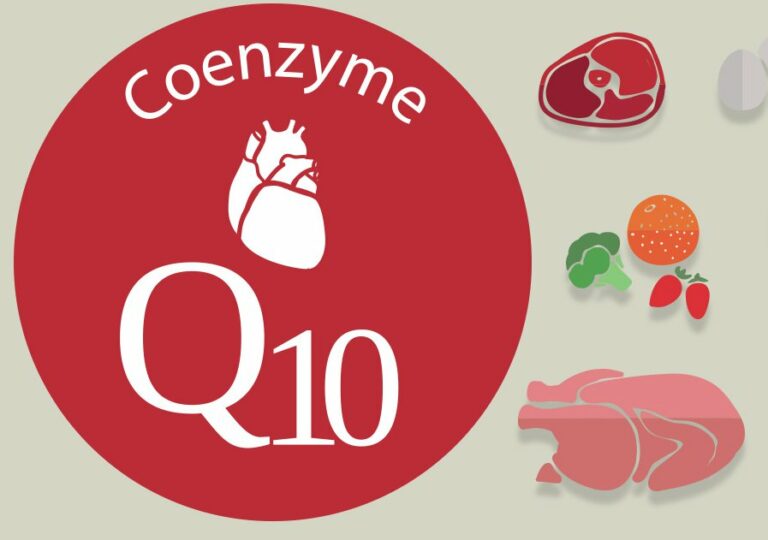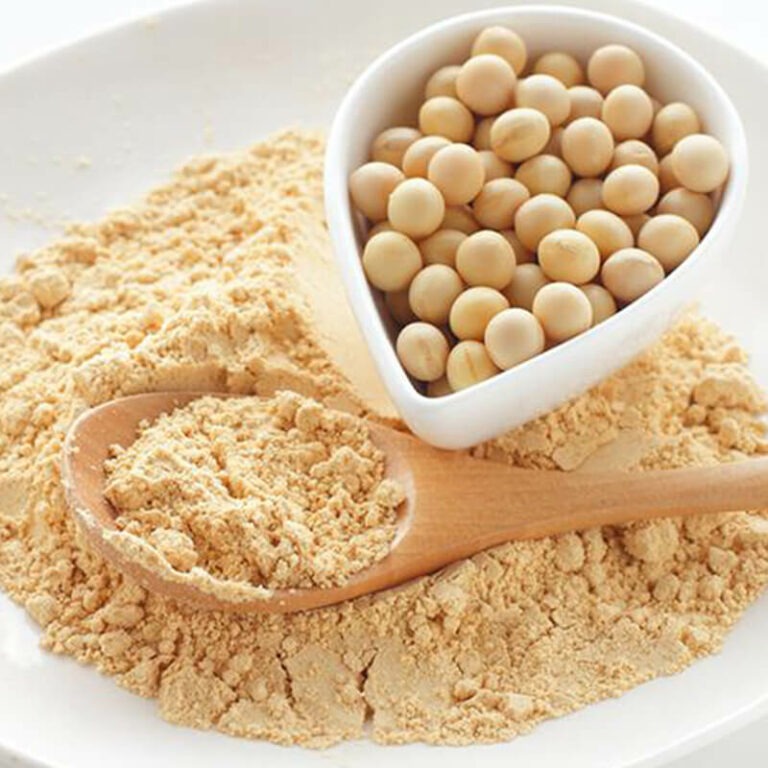Molecular Muscle – Unraveling the HMB Enigma in Athletic Performance
Introduction: The Search for an Edge in Training Athletes, bodybuilders,…
Introduction: The Search for an Edge in Training
Athletes, bodybuilders, and fitness enthusiasts are always looking for ways to train harder, recover faster, and build lean muscle more efficiently. Nutrition and training are the foundation, but the world of sports supplementation offers intriguing possibilities.
One compound that has been making waves in the fitness world is Beta-Hydroxy Beta-Methyl butyrate, or HMB. While it might sound complex, HMB is naturally produced in the body and plays a significant role in muscle preservation, recovery, and performance.
But is HMB just another fitness trend, or does it truly have a role in supporting your training goals? Let’s dive into what HMB is, how it works, and why it might be the missing piece in your fitness puzzle.
What is HMB and Where Does It Come From?
The Origin of HMB
HMB is a natural compound derived from leucine, an essential amino acid well known for its role in muscle growth. When leucine is broken down in the body, a small amount is converted into HMB.
The catch? Your body only produces a tiny amount of HMB naturally, which is why many athletes turn to supplementation to increase their levels.
How HMB Affects Your Muscles
HMB is known for two primary benefits:
1️⃣ Promoting muscle growth – It helps activate key pathways that stimulate protein synthesis, aiding in muscle repair and recovery.
2️⃣ Reducing muscle breakdown – It works to protect muscle tissue from being broken down, particularly during intense workouts, dieting phases, or endurance training.
Essentially, HMB helps tip the balance in favour of muscle gain over muscle loss—a crucial advantage for athletes in all disciplines.
How HMB Supports Muscle Growth and Recovery
1. Balancing Muscle Protein Turnover
Muscle building isn’t just about lifting weights—it’s a continuous cycle of breaking down old muscle proteins and building new ones. If breakdown happens faster than repair, you risk losing muscle mass, especially during:
✔ Intense strength training
✔ Endurance workouts
✔ Caloric restriction (cutting phases)
✔ High-volume training cycles
HMB helps slow down muscle breakdown while enhancing muscle repair, meaning you recover faster and maintain more muscle even in challenging conditions.
2. Protecting Your Muscles from Exercise-Induced Stress
Hard training can leave your muscles feeling sore and fatigued. Research suggests that HMB helps to:
✅ Reduce muscle damage caused by intense exercise
✅ Decrease levels of creatine kinase, a marker of muscle stress
✅ Minimize delayed-onset muscle soreness (DOMS)
For anyone who trains frequently, this means less downtime and a quicker return to peak performance.
3. Enhancing Strength and Endurance
Beyond muscle protection, HMB has been linked to:
🏋️♂️ Improved strength gains – Supporting lean muscle development and power output.
🏃♂️ Better endurance – Allowing athletes to sustain high-intensity efforts for longer without excessive fatigue.
This makes HMB useful across multiple sports, from weightlifting to long-distance running, cycling, and team sports.
Who Can Benefit from HMB?
HMB is often associated with bodybuilders and strength athletes, but its benefits extend far beyond lifting weights. It can be particularly helpful for:
🔹 Athletes in High-Intensity Sports – If your sport requires power, endurance, or explosive strength, HMB can help support recovery and performance.
🔹 Individuals in a Caloric Deficit (Cutting Phase) – Losing body fat while preserving muscle is challenging. HMB helps maintain lean muscle mass during weight loss phases.
🔹 Older Adults or Those Recovering from Injury – Muscle loss (sarcopenia) naturally occurs with age or prolonged inactivity. HMB has been studied for its role in muscle preservation during periods of reduced activity.
🔹 Endurance Athletes – Long training sessions can cause muscle breakdown over time. HMB helps to reduce fatigue and muscle damage, making it beneficial for marathon runners, cyclists, and triathletes.
Potential Considerations Before Using HMB
1. Individual Response May Vary
Not all athletes experience the same results. Some people notice significant benefits, while others experience only mild improvements. Your training style, diet, and genetics can all play a role in how your body responds.
2. Research is Still Ongoing
While many studies highlight positive effects, others suggest that HMB’s impact may be more noticeable in beginners or individuals in a catabolic state (e.g., high stress, intense training, dieting phases) rather than highly trained athletes.
3. HMB is Not a Magic Bullet
Like any supplement, HMB works best when combined with proper training and nutrition. It’s a tool to support muscle maintenance and recovery—but not a replacement for a well-structured training plan and diet.
How to Get the Most Out of HMB
If you decide to try HMB, consider these strategies to maximize its benefits:
💡 Stay consistent – Like most supplements, HMB works best with regular use over time.
💡 Pair with a well-balanced diet – Ensure you’re consuming enough protein, healthy fats, and carbohydrates to fuel muscle growth and recovery.
💡 Combine with strength and endurance training – HMB complements resistance and endurance workouts, making it effective for a wide range of athletes.
💡 Track your progress – Monitor performance improvements, recovery time, and muscle retention to see if HMB is making a difference in your training.
Final Thoughts: Is HMB Worth It?
HMB has carved out a space in sports nutrition due to its muscle-protecting and recovery-enhancing properties. Whether you’re a bodybuilder, an endurance athlete, or someone simply looking to maintain muscle mass, HMB has the potential to be a useful addition to your regimen.
However, individual responses vary, and its effects may be more pronounced in athletes facing intense training stress, caloric deficits, or muscle-wasting conditions. As with any supplement, staying informed, listening to your body, and combining it with solid training and nutrition is key.
If you’re curious about HMB, give it a try and see if it helps you train harder, recover faster, and protect the muscle you’ve worked so hard to build!
Disclaimer: This blog post is crafted for informational purposes and isn’t an endorsement of any supplements. Consultation with professionals is vital when making health or athletic decisions.







